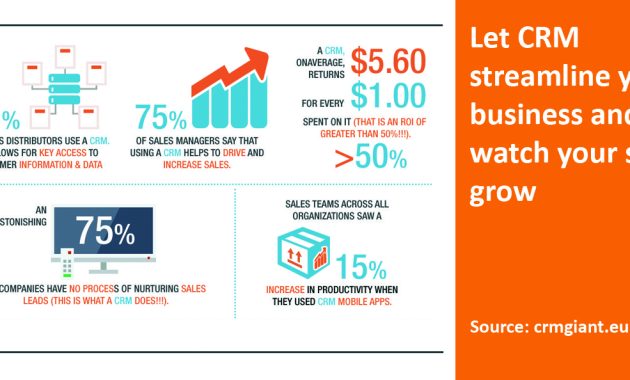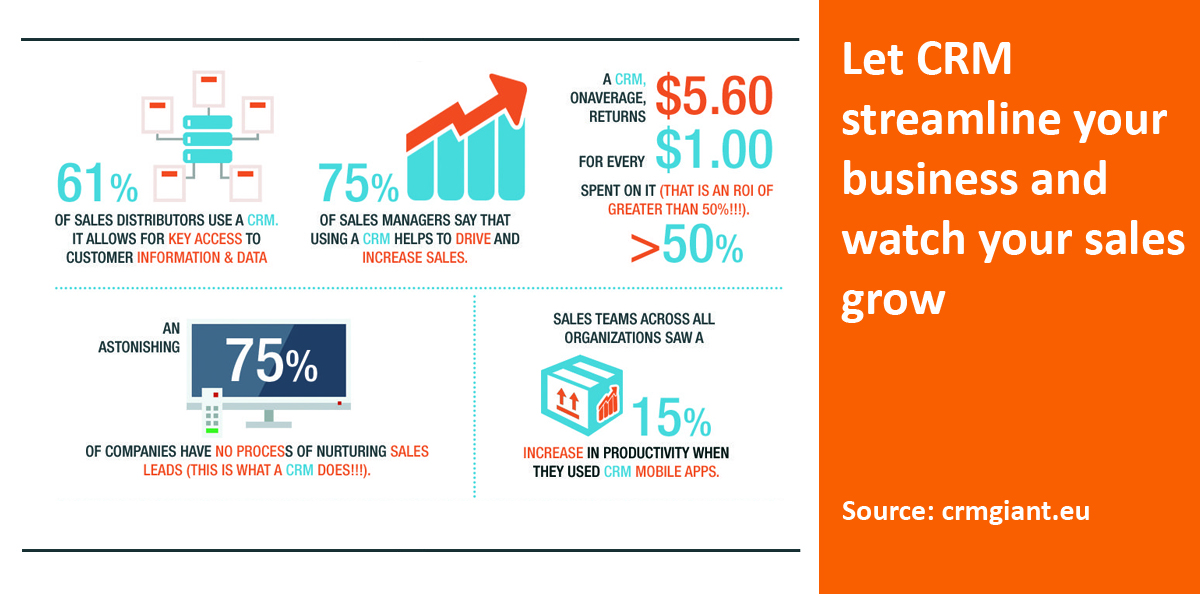
Steps to Streamline Productivity for Freelancers with CRM Software
In the dynamic world of freelancing, staying organized and productive is paramount. The ability to manage clients, projects, and finances efficiently can make or break a freelancer’s career. One powerful tool that can significantly boost productivity is Customer Relationship Management (CRM) software. This article explores the crucial steps freelancers can take to streamline their productivity with CRM software, transforming chaos into control.
Freelancers often juggle multiple tasks simultaneously, from lead generation and client communication to project management and invoicing. Without a centralized system, this juggling act can lead to missed deadlines, lost opportunities, and a decline in overall productivity. CRM software offers a solution by providing a centralized platform to manage all client interactions and business operations. This allows freelancers to focus on what they do best: delivering high-quality work.
Understanding the Benefits of CRM for Freelancers
Before diving into the steps, it’s essential to understand why CRM software is a game-changer for freelancers. CRM software helps streamline numerous processes. It centralizes client data, automates tasks, and provides valuable insights into business performance. The advantages include:
- Improved Organization: CRM software keeps all client information in one place, eliminating the need for scattered spreadsheets and email threads.
- Enhanced Communication: It helps track all communications with clients, ensuring nothing falls through the cracks.
- Automated Tasks: CRM software automates repetitive tasks like sending follow-up emails and scheduling appointments, saving valuable time.
- Better Client Relationships: By providing a 360-degree view of each client, CRM software enables freelancers to personalize interactions and build stronger relationships.
- Increased Efficiency: CRM software streamlines workflows, allowing freelancers to focus on core activities and increase their output.
Choosing the Right CRM Software for Freelancers
Selecting the right CRM software is the first crucial step. The market offers a variety of options, each with its strengths and weaknesses. Freelancers should consider the following factors when making their choice:
- Ease of Use: The software should be intuitive and easy to navigate, minimizing the learning curve.
- Features: Look for features that align with your specific needs, such as contact management, task management, project management, and invoicing.
- Integration: Ensure the software integrates with other tools you use, such as email marketing platforms, payment gateways, and project management software.
- Scalability: Choose a CRM that can grow with your business, accommodating more clients and features as needed.
- Pricing: Consider the cost and ensure it fits within your budget. Many CRM software providers offer free plans or affordable options for freelancers.
Popular CRM software options for freelancers include HubSpot CRM, Zoho CRM, Pipedrive, and Insightly. Researching these options and comparing their features will help you make an informed decision.
Implementing CRM Software: Step-by-Step Guide
Once you’ve chosen the right CRM software, the next step is implementation. This process involves setting up the system, importing data, and training yourself. Here’s a step-by-step guide:
- Set Up Your Account: Create an account and configure the basic settings, such as your business name, logo, and timezone.
- Import Your Data: Import your existing client data from spreadsheets, email contacts, and other sources. Organize this data systematically.
- Customize Your CRM: Tailor the CRM to your specific needs. This includes creating custom fields, defining sales pipelines, and setting up automated workflows.
- Integrate with Other Tools: Connect your CRM with other tools you use, such as email marketing platforms, project management software, and payment gateways.
- Train Yourself: Familiarize yourself with the CRM’s features and functionalities. Take advantage of online tutorials, webinars, and support resources.
- Start Using It: Begin using the CRM regularly to manage your client interactions, track your progress, and streamline your workflows.
Leveraging CRM Features for Enhanced Productivity
The true power of CRM software lies in its features. Freelancers can significantly boost their productivity by effectively using these features:
- Contact Management: Centralize all client information, including contact details, communication history, and project status.
- Task Management: Create and assign tasks, set deadlines, and track progress to ensure you stay on schedule.
- Email Automation: Automate repetitive email tasks, such as sending follow-up emails, appointment reminders, and newsletters.
- Sales Pipeline Management: Track leads through your sales pipeline, identify bottlenecks, and optimize your sales process.
- Reporting and Analytics: Generate reports on your sales, marketing, and overall business performance. Analyze these reports to identify areas for improvement.
By utilizing these features, freelancers can streamline their workflows, improve their efficiency, and ultimately increase their productivity.
CRM Software and Client Communication
Effective communication is crucial for building strong client relationships. CRM software provides tools to improve communication:
- Centralized Communication History: Keep a record of all interactions with clients, including emails, phone calls, and meetings.
- Personalized Communication: Use client data to personalize your communications, making each interaction more relevant.
- Automated Email Sequences: Set up automated email sequences to nurture leads, onboard new clients, and stay top-of-mind.
- Improved Response Times: CRM software helps you respond to client inquiries promptly, demonstrating professionalism and building trust.
By using CRM software to manage client communication, freelancers can build stronger relationships and improve client satisfaction.
Optimizing Workflows with CRM Automation
Automation is a key component of productivity. CRM software allows freelancers to automate various tasks:
- Lead Qualification: Automate the process of qualifying leads, ensuring you focus on the most promising opportunities.
- Appointment Scheduling: Integrate your CRM with a scheduling tool to automate the process of booking appointments.
- Invoice Generation: Automate the generation and sending of invoices, saving time and reducing errors.
- Follow-Up Reminders: Set up automated follow-up reminders to ensure you stay in touch with clients and prospects.
By automating these tasks, freelancers can free up time to focus on core activities. CRM software helps improve productivity and allows you to achieve better results.
Measuring Success and Continuous Improvement
Implementing CRM software is not a one-time task. It’s an ongoing process. Freelancers should regularly measure their success and make improvements:
- Track Key Metrics: Monitor key metrics, such as client acquisition cost, conversion rates, and customer satisfaction.
- Analyze Data: Analyze the data generated by your CRM to identify areas for improvement.
- Refine Your Processes: Based on your analysis, refine your workflows, communication strategies, and sales processes.
- Stay Updated: Keep up with the latest CRM features and best practices to maximize your productivity.
By continuously measuring and improving, freelancers can ensure their CRM software is effectively boosting their productivity.
Conclusion: Embracing CRM for Freelance Success
In conclusion, implementing CRM software is a strategic move for freelancers seeking to streamline their productivity and achieve success. By following the steps outlined in this article, freelancers can choose the right CRM software, implement it effectively, and leverage its features to manage clients, automate tasks, and improve communication. The benefits of CRM software include improved organization, enhanced communication, automated tasks, and better client relationships. Freelancers can significantly boost their productivity and focus on delivering high-quality work. Embracing CRM software is not just about using a tool, it’s about adopting a more efficient and organized approach to freelancing. It is a crucial step for freelancers to streamline productivity and achieve lasting success. The right CRM software can transform a freelancer’s business. It allows them to thrive in a competitive market. The ability to manage clients and projects through CRM software is a key differentiator. It sets successful freelancers apart from the rest.
By taking these steps, freelancers can transform their businesses. They can achieve greater efficiency, build stronger client relationships, and ultimately, achieve greater success in their freelance careers. Investing in CRM software is an investment in your future. It is a commitment to productivity and success.
[See also: Related Article Titles]

